(QBĐT) - The Dien Bien Phu victory that “resounded throughout the five continents and shook the world” is closely associated with the name of General Vo Nguyen Giap. The General’s revolutionary career was nurtured and nurtured by the An Xa village with its rich patriotic tradition and as a historical necessity, from there the General came to the “historical rendezvous point - Dien Bien Phu”…
From my hometown An Xa…
Passing through the wooden gate, the path leading to the General Vo Nguyen Giap Memorial House runs between two rows of soft, green tea trees. The house is simple and modest, with two tiled roofs and a thatched porch - where the General and his family lived for 13 years. This is where the General's will for his later revolutionary career was nurtured, culminating in the historic Dien Bien Phu Victory.
Mr. Vo Dai Ham (82 years old, paternal cousin of the General's family), who has been taking care of the General Vo Nguyen Giap Memorial House for the past several decades, said that on August 25, 1911, General Vo Nguyen Giap was born in An Xa village, Loc Thuy commune (Le Thuy). The General's father was martyr Vo Quang Nghiem, a patriotic Confucian scholar who, due to failing his exams, returned to his hometown to become a village teacher and a traditional medicine practitioner. When the resistance war against French colonialism broke out, he was captured by the French and imprisoned in Thua Phu prison ( Hue ) and died in prison. His mother was Mrs. Nguyen Thi Kien, a capable woman who worked hard to raise her children.
The General's family had seven brothers and sisters, but the eldest brother and sister died early, leaving five people. General Vo Nguyen Giap was the fifth child. Born in a rural area with a rich tradition of patriotism, directly witnessing the oppression and exploitation of his fellow countrymen by the colonialists and their lackeys, the General developed the will and determination to stand up and fight to regain independence for the nation...
Ms. Nguyen Thi Thu Hoai (born in 1981, a relative of the General's family on her mother's side) is in charge of explaining to the groups visiting the General Vo Nguyen Giap Memorial House, flipping through the pages of writings she collected and compiled, summarizing the General's revolutionary activities since leaving An Xa village, as follows: In 1925, when he was still a student, due to early exposure to the revolutionary ideology of leader Nguyen Ai Quoc, the General actively participated in the struggle movement, the strike at Hue National School; joined the Tan Viet Revolutionary Party in 1927; participated in the Nghe Tinh Soviet movement, was arrested by the French colonialists and imprisoned in Thua Phu prison (Hue) in 1930.
 |
In 1940, General Vo Nguyen Giap, with the alias Duong Hoai Nam, along with comrade Pham Van Dong, was sent to China to meet leader Nguyen Ai Quoc. In November 1941, returning to Cao Bang, under the leadership and guidance of leader Nguyen Ai Quoc, General Vo Nguyen Giap and other comrades built a revolutionary base, actively propagated and enlightened the masses, attracted people of all ethnic groups to participate in revolutionary activities, organized and took charge of the Southern Advance Volunteer Committee, and opened a road connecting the Cao Bang revolutionary base with the lowland provinces.
In December 1944, the General was assigned by leader Ho Chi Minh to establish the Vietnam Propaganda Liberation Army, the predecessor of the Vietnam People's Army. In his positions as a member of the Central Executive Committee, the Standing Committee of the Central Committee of the Indochinese Communist Party, a member of the National Uprising Committee, a member of the Vietnam National Liberation Committee, and Commander of the Vietnam Liberation Army, the General made important contributions to the victory of the August Revolution in 1945.
On December 19, 1946, the resistance war against French colonialism broke out; under the direction of the Party and President Ho Chi Minh, as Commander-in-Chief of the Army and Secretary of the Central Military Commission, the General and the Party Central Committee led the 9-year armed struggle against the French colonialists (1945-1954) to victory.
To "Historical rendezvous - Dien Bien Phu"
“Dien Bien Phu is a historical rendezvous for wars of aggression in today's era”, the preface of the book “General Vo Nguyen Giap and the Dien Bien Phu campaign”, published by the People's Army Publishing House in 2004, affirmed: “The historic victory of Dien Bien Phu was like a Bach Dang, a Chi Lang, a Dong Da of our nation in the 20th century and went down in world history as a brilliant feat of breaking through the stronghold of the colonial slavery system of imperialism” .
According to historical data, preparations for the Dien Bien Phu Campaign were carried out as early as December 1953. President Ho Chi Minh instructed: “ This campaign is a very important campaign not only militarily but also politically, not only domestically but also internationally. Therefore, the entire army, the entire people, and the entire Party must concentrate on completing it successfully.”
|
General-Commander-in-Chief Vo Nguyen Giap was trusted by the Party Central Committee and Uncle Ho to directly assign him the task of being the Party Secretary and Commander of the Dien Bien Phu front. Before leaving for the front, General Vo Nguyen Giap went to Khuoi Tat to greet Uncle Ho. Uncle Ho asked: " Do you have any difficulties going to the front this time? ", General Vo Nguyen Giap replied: " The only difficulty is being far from the rear, so when there are important and urgent issues, it is difficult to ask for Uncle Ho's and the Politburo's opinions" . Uncle Ho said: "The Commander-in-Chief is going to the front, the general is abroad, giving you full authority" . When saying goodbye, Uncle Ho advised: " This battle is important, we must fight to win; only fight if we are sure of victory, and not fight if we are not sure of victory" (Dien Bien Phu).
On December 22, 1953, President Ho Chi Minh presented the “Determined to Fight, Determined to Win” flag to the army, encouraging units to compete to kill the enemy and gain achievements. People in the liberated areas, the newly liberated Northwest, and the areas behind enemy lines in the Northern Delta carried out the determination of the Party Central Committee and President Ho Chi Minh, concentrating human and material resources on the campaign.
The plan to attack the historic Dien Bien Phu stronghold was urgently prepared according to the motto "fight fast, win fast". However, with the eyes of a military genius, General Vo Nguyen Giap recognized the difficulties of this fighting motto.
“ With each passing day, I am more convinced that we cannot fight quickly. I remember Uncle Ho's advice before leaving, and a sentence in the Central Committee's Resolution in early 1953: Our battlefield is narrow, our troops are not many, so we must only win, not lose, because if we lose, we will lose all our capital… ” (General Vo Nguyen Giap with the Dien Bien Phu campaign).
And, according to the General, that was “ the most difficult decision in my command career”. “After 11 days of monitoring the situation and thinking, one day when I was so stressed that the military doctor had to apply mugwort to my head, I came to the decisive conclusion that fighting according to the plan of a quick attack would definitely lead to failure. Therefore, it was necessary to change the motto to “fight firmly, advance firmly” (Dien Bien Phu).
On May 7, 1954, the Dien Bien Phu Campaign was victorious - this was a campaign that bore the General's mark in creating a situation, organizing logistics, and changing tactics. After this campaign, the Geneva Agreement on Indochina was signed, putting an end to the French presence in Vietnam after more than 80 years.
Ngoc Hai
References:
General Vo Nguyen Giap and the Dien Bien Phu campaign (People's Army Publishing House, 2004).
Dien Bien Phu - Historical Rendezvous (People's Army Publishing House, 2000).
Dien Bien Phu (National Political Publishing House, 2010).
Not a legend (Huu Mai, Tre Publishing House, 2014).
Source


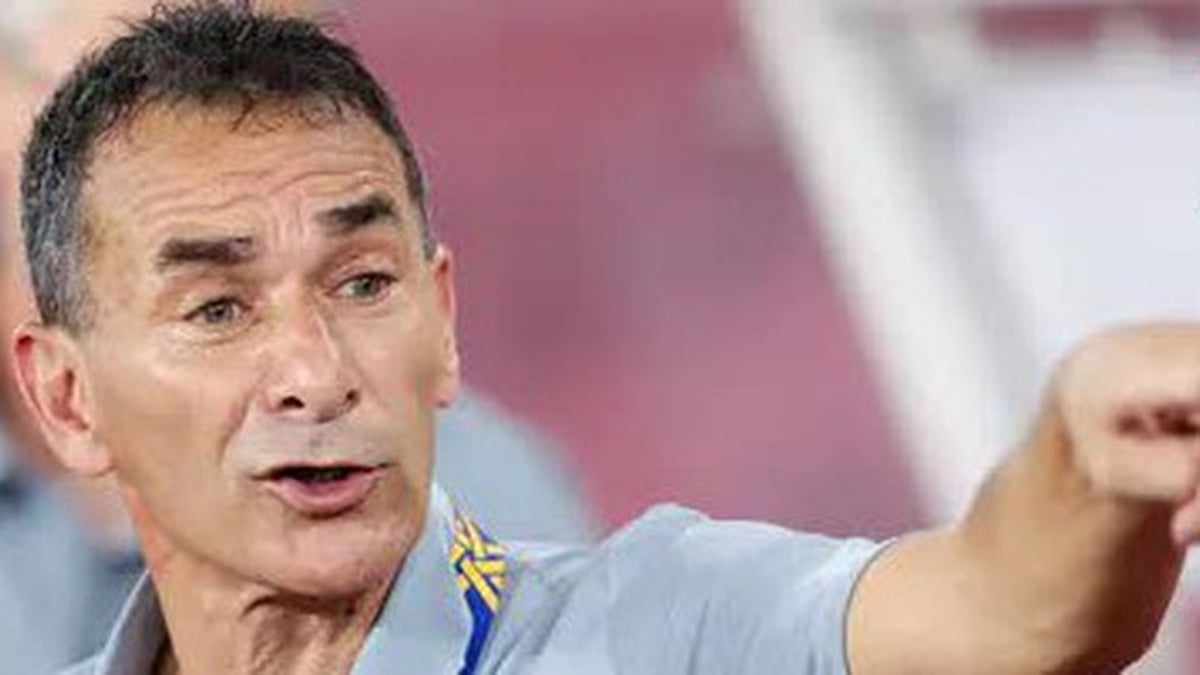
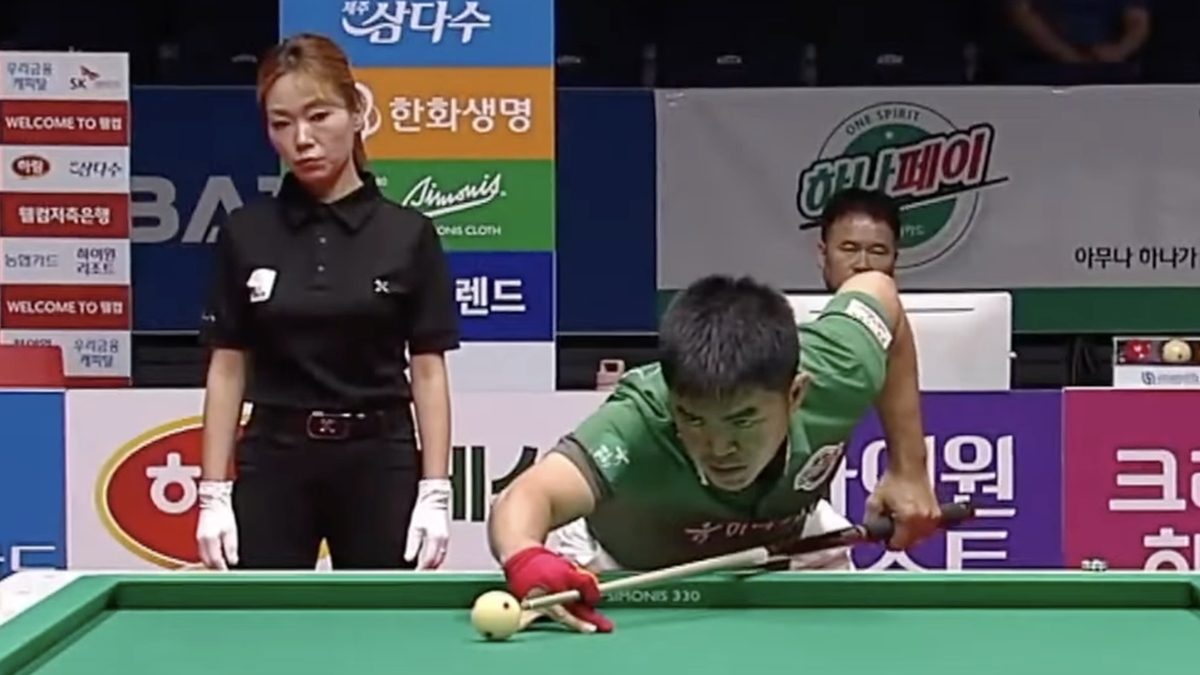


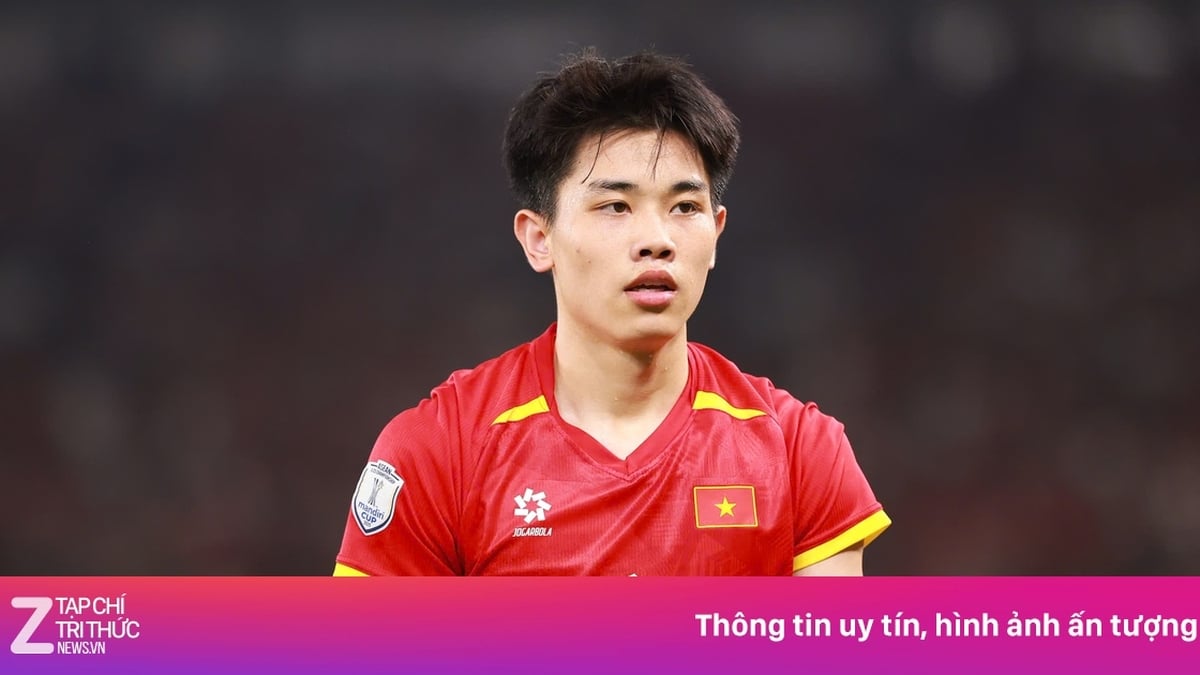
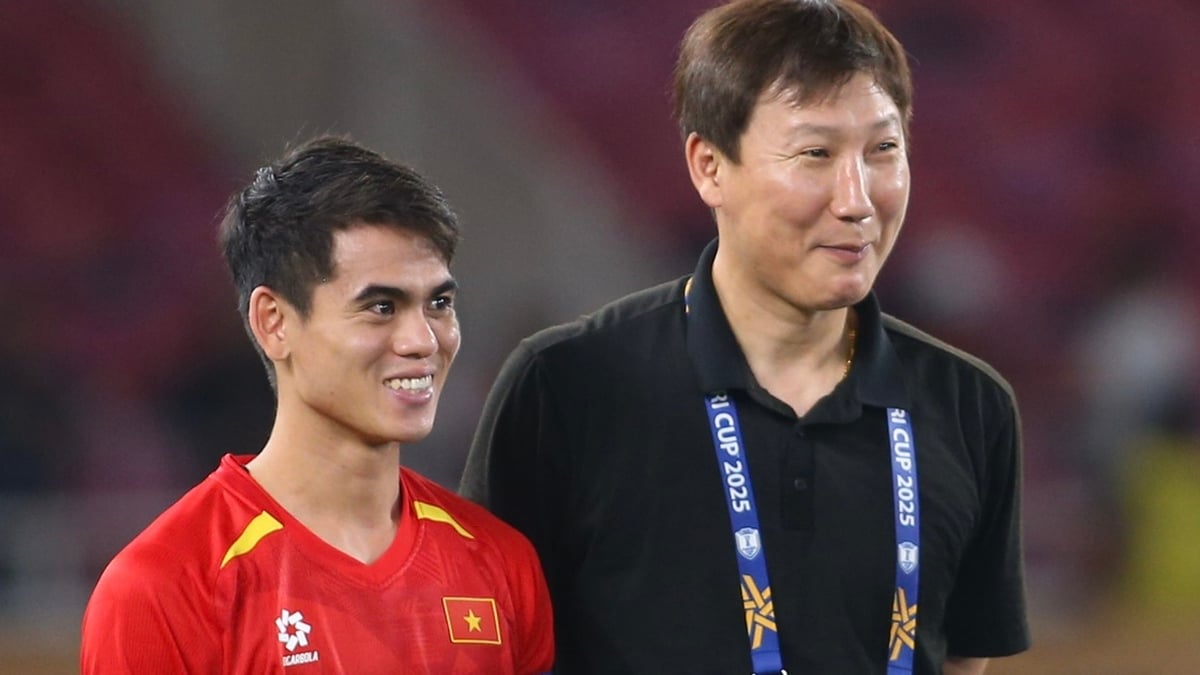
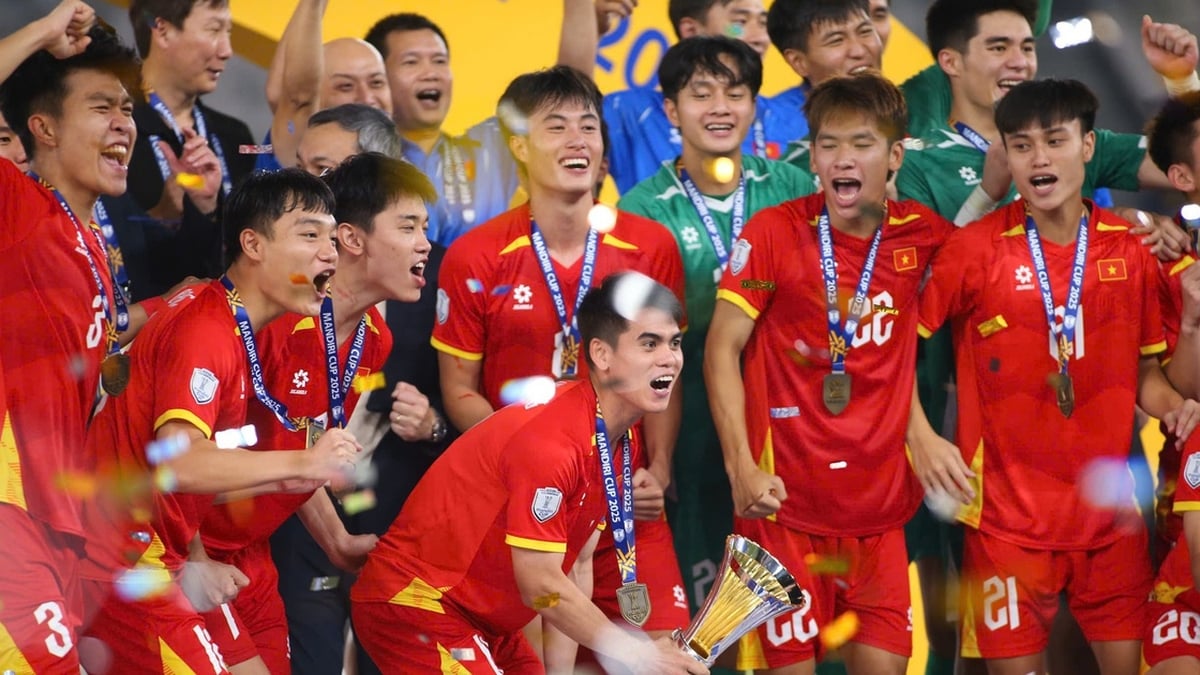
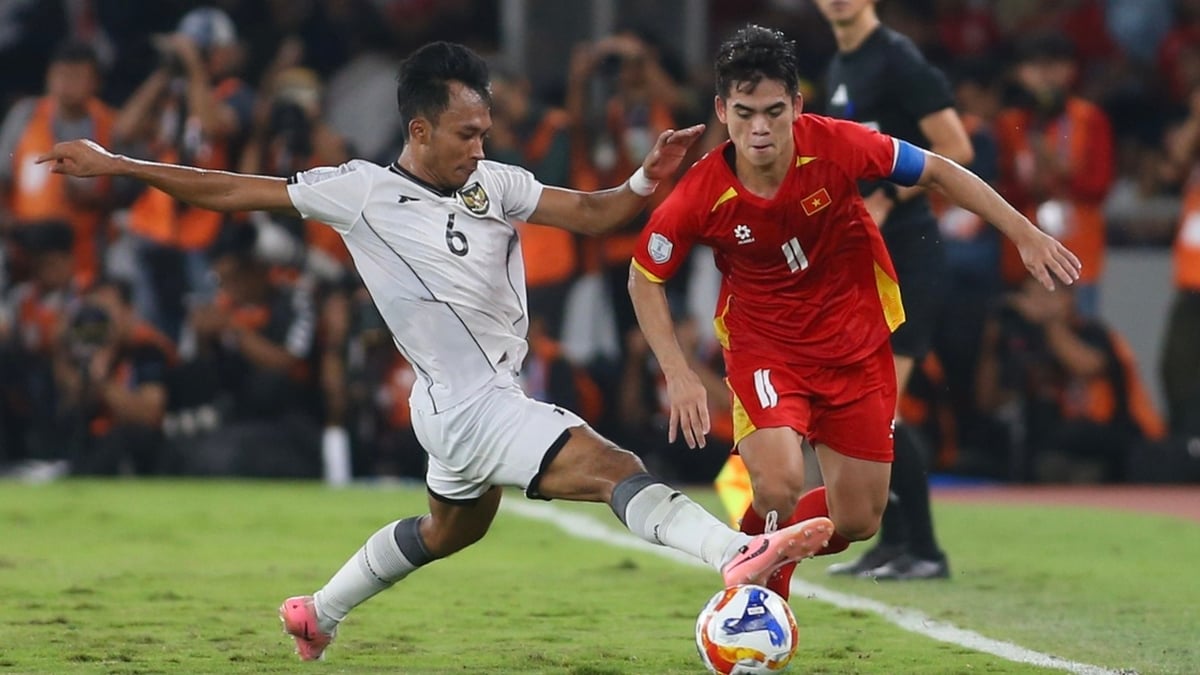
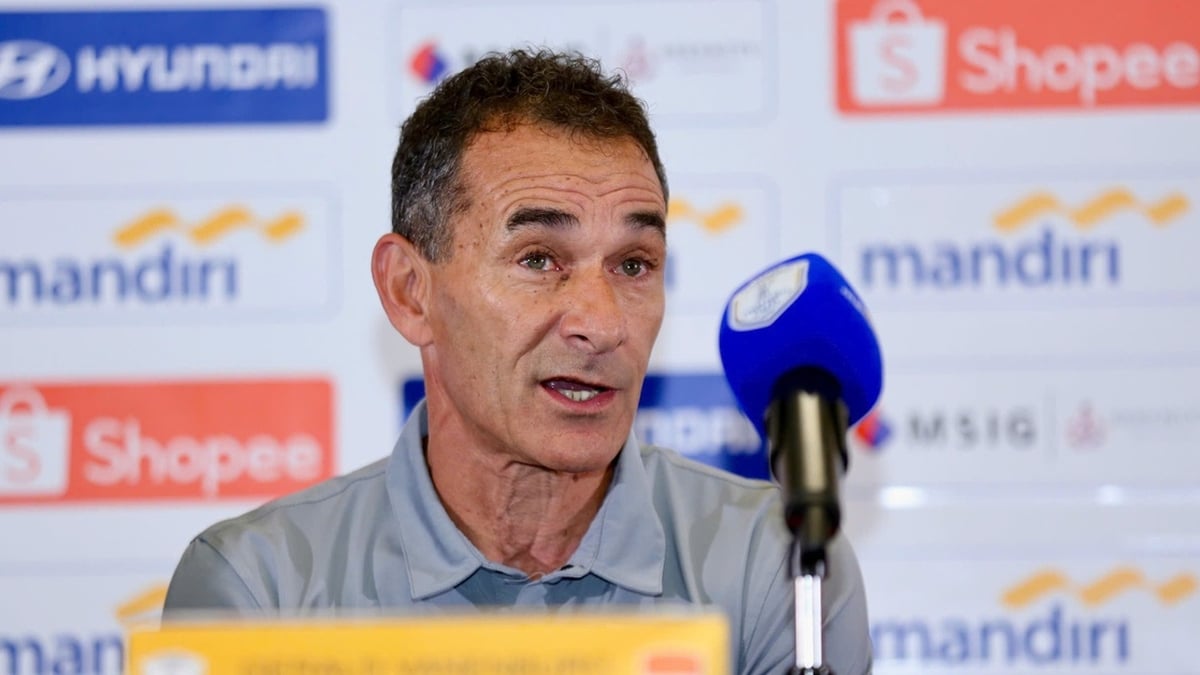
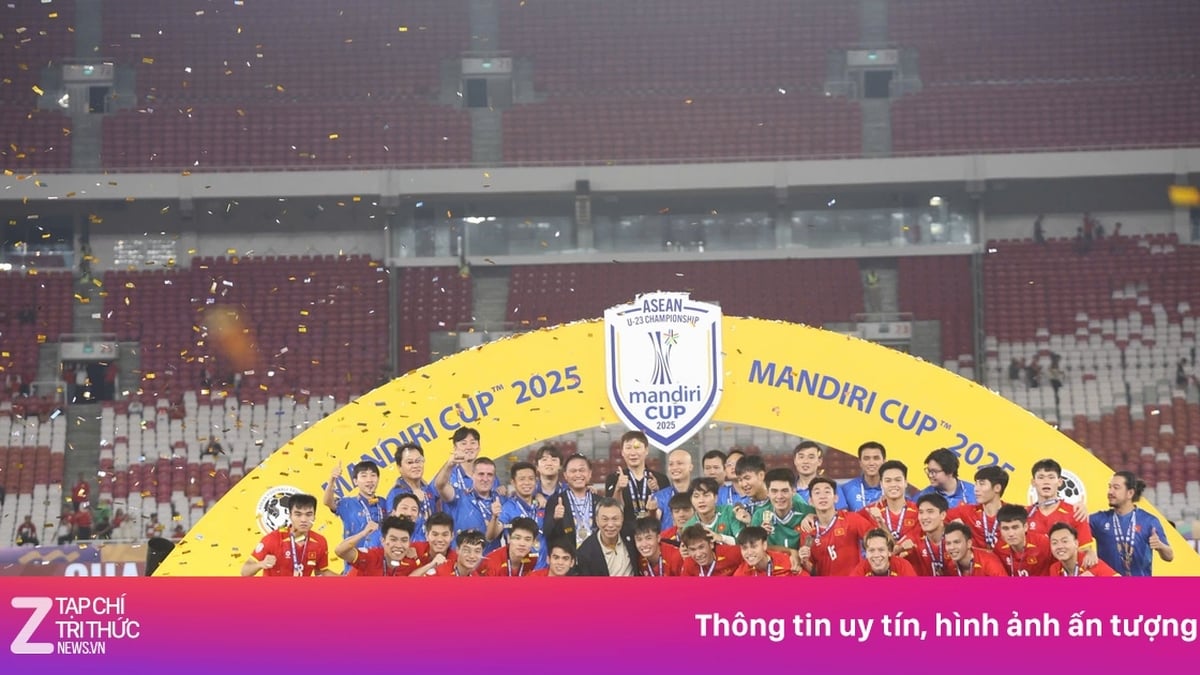
















![[Photo] National Assembly Chairman attends the seminar "Building and operating an international financial center and recommendations for Vietnam"](https://vphoto.vietnam.vn/thumb/1200x675/vietnam/resource/IMAGE/2025/7/28/76393436936e457db31ec84433289f72)































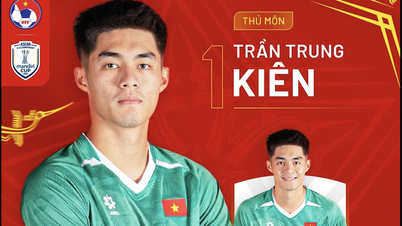

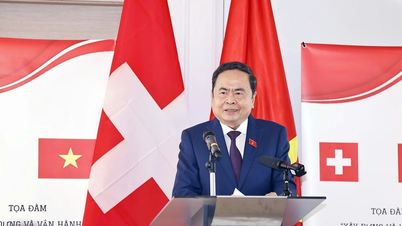


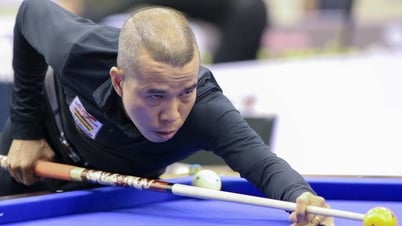
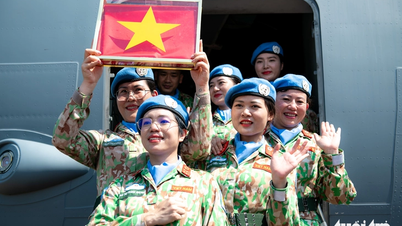


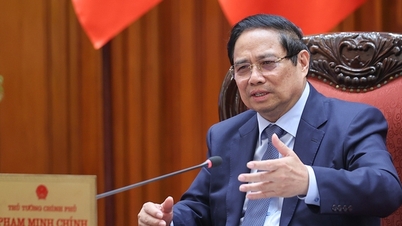
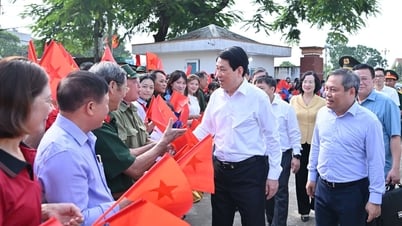

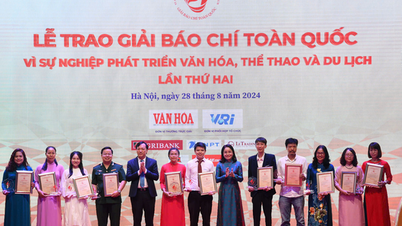
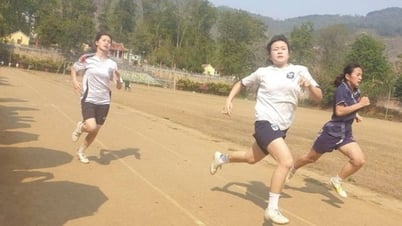






















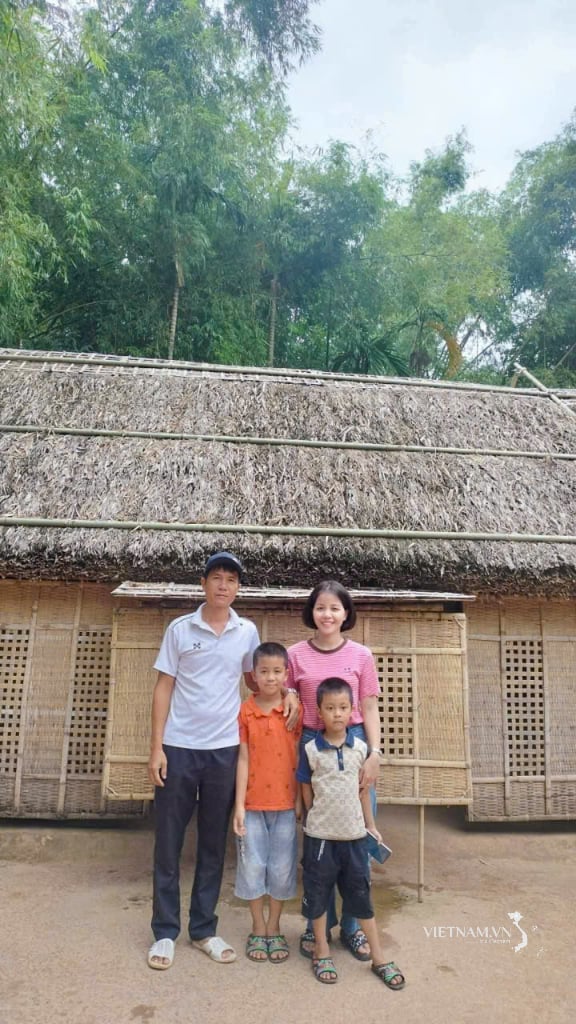
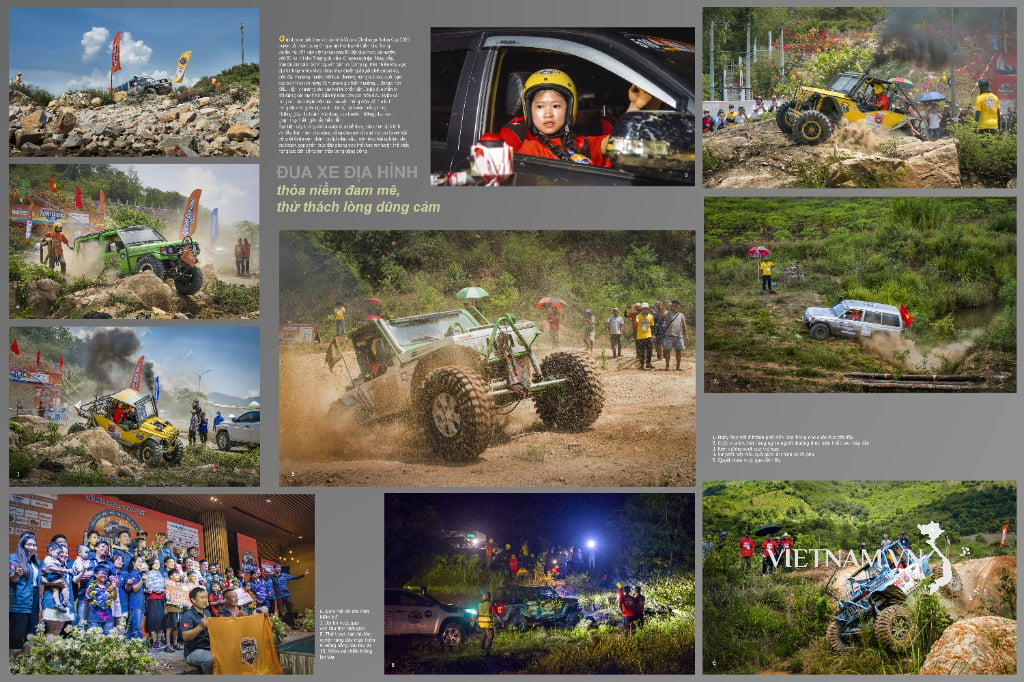
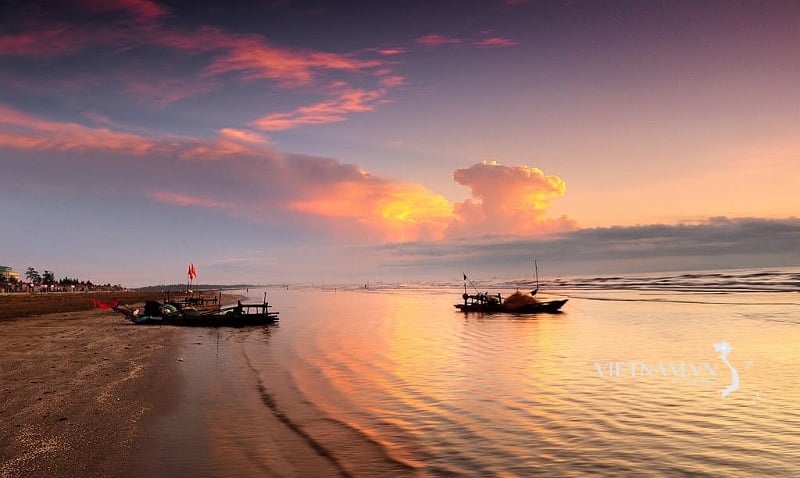
Comment (0)